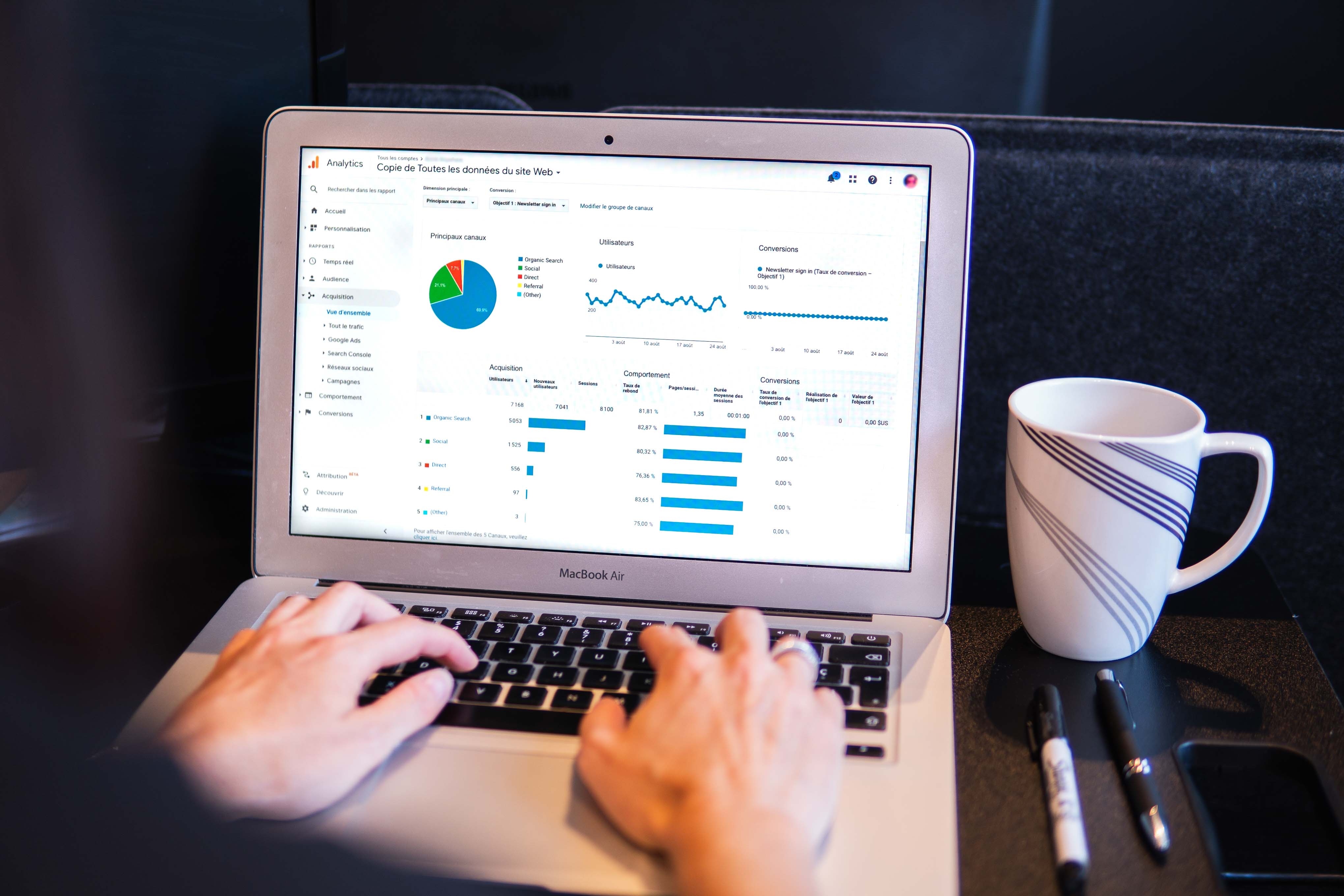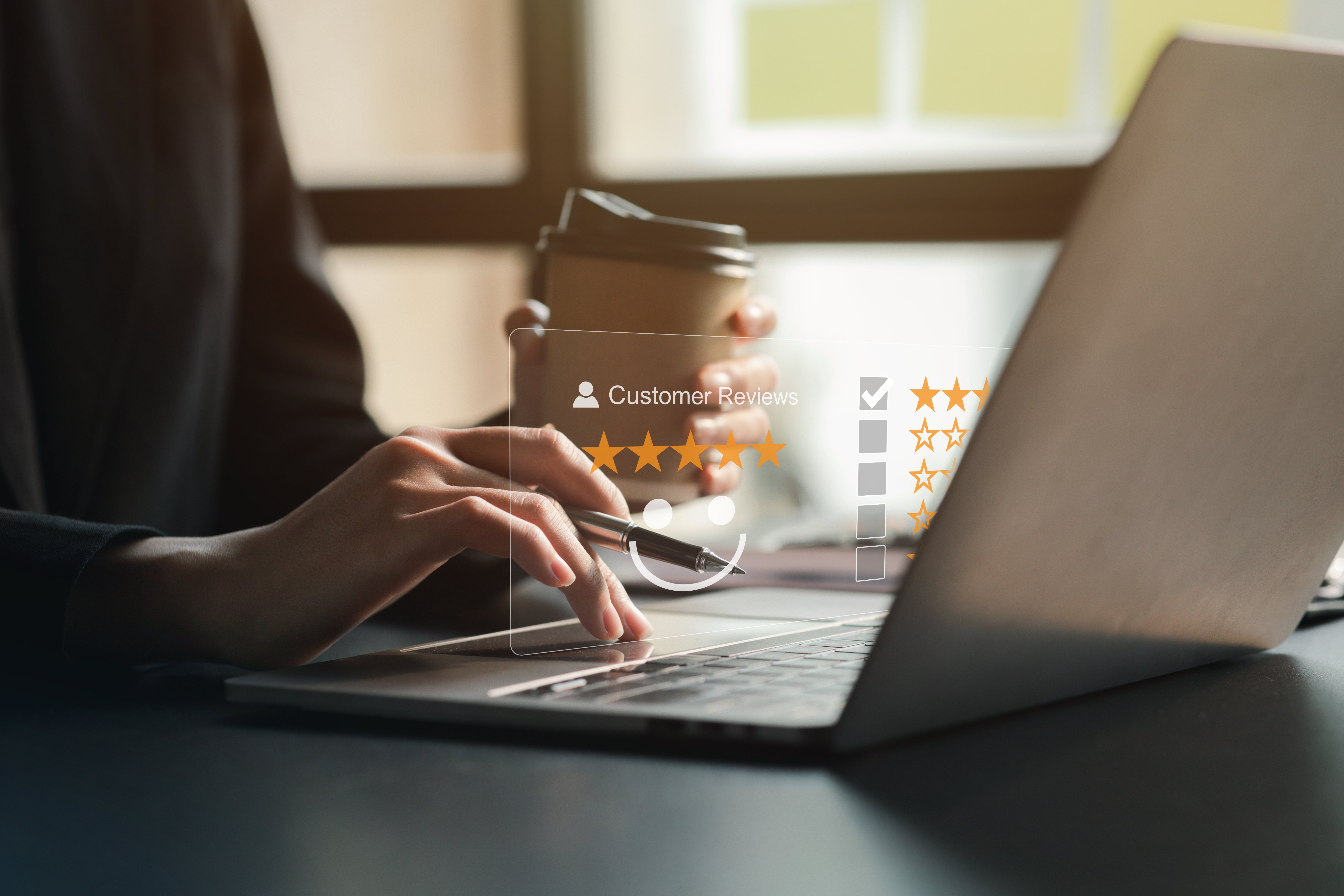
Off-Page SEO in 2024: Top Things E-commerce Sellers Should Keep in Mind
From small, niche online stores to international e-commerce giants, everyone is arming up their SEO artillery to stay ahead in the space following Google’s update to its E-E-A-T content guidelines. While on-page SEO—optimizing content within your own site—remains vital, the often overlooked counterpart, "off-page SEO", is gaining prominence.
This fact is especially relevant in the evolving e-commerce landscape of 2024. Off-page SEO extends beyond merely backlink building. It's about cultivating a robust digital reputation and fostering networks in the all-pervading social media domain. This article will delve into the critical tenets of off-page SEO that e-commerce sellers should not ignore, shedding light on new trends and vital strategies that can substantially improve your online visibility.
Evolving Trends in Off-Page SEO for E-commerce in 2024
Now, let’s take a look at the top three elements of off-page SEO.
Importance of Social Media in Off-Page SEO
Social platforms—Twitter, Instagram, Facebook, and LinkedIn, among others—are far more than passive networking spaces; they are a hotbed for branding, business engagement, and customer interaction.
Every time a user shares, likes, or comments on your e-commerce content—be it blog posts, product quotes, or company updates—it sends out social signals.
Search engines perceive these signals as indicators of your brand's relevance, authority, and value to users. Moreover, they intensify the trust signals for your website, making it more appealing to crawlers that index and rank pages.
On top of that, social media enhances off-page SEO by driving referral traffic back to your site. Platforms like Pinterest and Instagram, with their shoppable posts and tag features, have emerged as potent tools to redirect social traffic directly to product pages.
Finally, social media retains its value as a platform for organic, word-of-mouth marketing where positive customer experiences, reviews, and testimonials contribute massively to your brand's overall reputation score—an element search engines certainly regard in their ranking algorithms. You can use a review management tool such as Review Tool to automate the process of asking for reviews and managing your online reviews, making it simple.
The Continued Relevance of Backlinks
Backlinks continue to play a significant role in off-page SEO, retaining their relevance even in 2024. Essentially, backlinks are links from other websites that point to your website. In the eyes of search engines, these are seen as votes of credibility and authenticity for your e-commerce site, signaling that others vouch for your content.
Acquiring high-quality backlinks from reliable, authoritative websites can significantly boost your website's search engine ranking. However, it's vital to emphasize quality over quantity, as search engines are now more proficient at deciphering spammy links and black-hat SEO practices.
Furthermore, backlinks are not only valuable for SEO ranking but also for driving referral traffic, establishing brand authority, and building relationships with influencers within your industry.
In an era where content is king, consistently creating top-notch, sharable content that other sites want to link, marks the way to earn valuable backlinks.
Influence of Brand Mentions and Online Reputation
Brand mentions and online reputation have become integral elements of off-page SEO in 2024. A brand mention occurs when another website mentions your e-commerce brand, but doesn't necessarily link back to your website.
Search engines like Google consider these mentions as 'implied links' and use them as ranking signals.
Online reputation, on the other hand, refers to how your brand is perceived based on its digital footprint. It encompasses everything from online reviews and ratings to customer testimonials and how the brand handles customer interaction.
Both brand mentions and online reputation have a profound influence on off-page SEO. Positive mentions of your brand on high-authority sites, social media platforms, forums, and blogs can significantly enhance brand visibility and authority.
Noteworthy is that search engines are getting smarter at understanding the context and sentiment of these mentions, thereby using them to gauge a brand's reliability and popularity which subsequently shapes search engine rankings.
Similarly, a strong online reputation plays a crucial role in off-page SEO efforts. For e-commerce businesses, positive online customer reviews and ratings translate into trust signals for search engines.
A well-managed online reputation with quick, professional responses to negative feedback or reviews also contributes to a positive image, which search engines factor in their ranking algorithms.
Hence, managing brand mentions and online reputation is a strategic move for e-commerce businesses looking for an edge in their off-page SEO strategies in 2024.
Practical Strategies to Improve Off-Page SEO
So, how do you actually improve your off-page SEO?
Building Quality Backlinks
Building high-quality backlinks is a crucial task in the off-page SEO strategy to enhance your website's visibility and credibility on search engines. Here are a few ways you can achieve that:
- Content Creation & Promotion: Create engaging, unique, and valuable content that people would naturally want to reference and link to. Once the content is ready, promote it by sharing it on your social media platforms, email newsletters, or collaborating with influencers. Content creators can even use an AI writer to craft unique, impactful content.
- Guest Blogging: Reach out to authority websites in your niche and propose to create content for their blogs. Ensure the content is of high-quality and relevant to the audience, and always include a link back to your website.
- Building Relationships: Networking is a powerful way to secure strong backlinks. Connect with influencers, bloggers, or other businesses in your industry. You can collaborate on projects or content, which can lead to organic linking.
- Competitor Analysis: Use SEO tools like Ahrefs, Moz, or SEMRush to see where your competitors are securing their backlinks. This could potentially reveal new avenues for you to explore and secure backlinks.
- Broken Link Method: Another effective strategy is to find a broken (dead) link, recreate the dead content, then tell anyone linking to the dead resource to instead link to your recreated content.

Utilizing Social Media Platforms for Off-Page SEO
The first step is to actively create profiles on various platforms relevant to your target audience. This not only expands your reach to more potential customers but also provides additional spots in the search engine results pages for your brand's name.
Once your profiles are established, you need to maintain a constant stream of high-quality, engaging content.
This could include instructional videos, insightful blog articles, exciting news about your products, or simple interactive posts to engage your audience. Keep in mind that each social media platform has its unique way of engaging with audiences. For instance, Instagram works best for visual content, while LinkedIn is ideal for professional and business-related updates.
Furthermore, social media platforms offer excellent opportunities for collaboration with influencers and other businesses. Such collaboration can significantly improve your reach and induce valuable mentions, shares, and possibly backlinks.
Another crucial area is to leverage the power of user-generated content. Encouraging satisfied customers to share their positive experiences or reviews on their social media networks will improve the online visibility of your products while enhancing your reputation.
Finally, don't forget to optimize your social media profiles with relevant keywords associated with your brand and product offerings. This allows users to find your profile when they conduct searches related to your business.
Bear in mind that while it's essential to remain active and consistent in your social media efforts, the primary goal is to build a genuine relationship with your audience. High levels of engagement, trust, and authenticity reflect well on search engines, thus improving your off-page SEO visibility.
Managing Online Reputation and Brand Mentions
Online reputation management starts with monitoring. Be alert to what people are saying about your brand online, both on social media and review sites. Set up alerts for your brand so you're notified when it's mentioned online.
This proactive approach enables you to address issues promptly and shows customers you care about their feedback.
Responding to reviews, both positive and negative, is crucial in managing your online reputation.
For positive reviews, a simple expression of gratitude can go a long way in building good relationships with customers. For negative feedback, address the issue professionally and provide a solution.
Offer an apology where needed, and assure the customer (and those paying attention) that steps are being taken to resolve the issue and prevent it from recurring.
Concerning brand mentions, these can be treated as opportunities to boost brand visibility and build relationships.
When your brand gets mentioned, whether positively or negatively, it opens a door for interaction.
You can thank those who're promoting your brand or engage with those who are discussing it in a less positive light.
It's important to note that search engines have now developed the capacity to gauge the sentiment behind your brand mentions. Positive brand mentions contribute to better SEO rankings while negative mentions might impact your ranking adversely.
Therefore, monitoring brand mentions and managing your online reputation effectively is a necessary off-page SEO tactic that can directly influence your digital presence and business growth.
Wrapping Up
In conclusion, off-page SEO remains an indispensable component of a successful e-commerce strategy in 2024.
While overshadowed by its glitzier counterpart, on-page SEO, understanding off-page SEO's evolution and leveraging its tools can provide a competitive edge in the crowded e-commerce landscape.
From tapping into social media's vast potential and building valuable backlinks, to managing brand mentions, and overseeing online reputation- e-commerce sellers have a repertoire of tactics at their disposal. Interested in e-commerce SEO services? Contact out team at Bluetuskr, an e-commerce marketing agency.
Connect With Us
Recent Post

.png)






Tell us what you think!